Alaskan born Ira Edwards has found creative ways to harvest the bounty from the land and sea despite having paraplegia and using a manual wheelchair. He’s also an adaptive skier, and created a business that uses its profits to help fund adaptive ski equipment for those that can’t afford them. Check it out to learn how Ira adapts, defies and thrives as a wheelchair user.
Listen to the podcast with Ira Edwards.
You can also listen to the Adaptdefy Podcast on all the major platforms. Find it by searching "adaptdefy".
Watch how Ira Edwards made a skiing comeback and lives a life with purpose.
As a lifelong skier, Ira Edwards had early access to some of the most world-class ski terrain in the world in his backyard in Palmer, Alaska. After a devastating accident in 2010, he was eventually able to return to skiing but found his life purpose shifting to philanthropy and fundraising for others.
Read more about Ira's remarkable story and learn how he adapts and defies.
It was just before Thanksgiving. Ira Edwards was clearing cross country ski trails after a big storm when a leaning tree fell and crushed him. A month in intensive care was followed by four months in a Denver rehab facility.


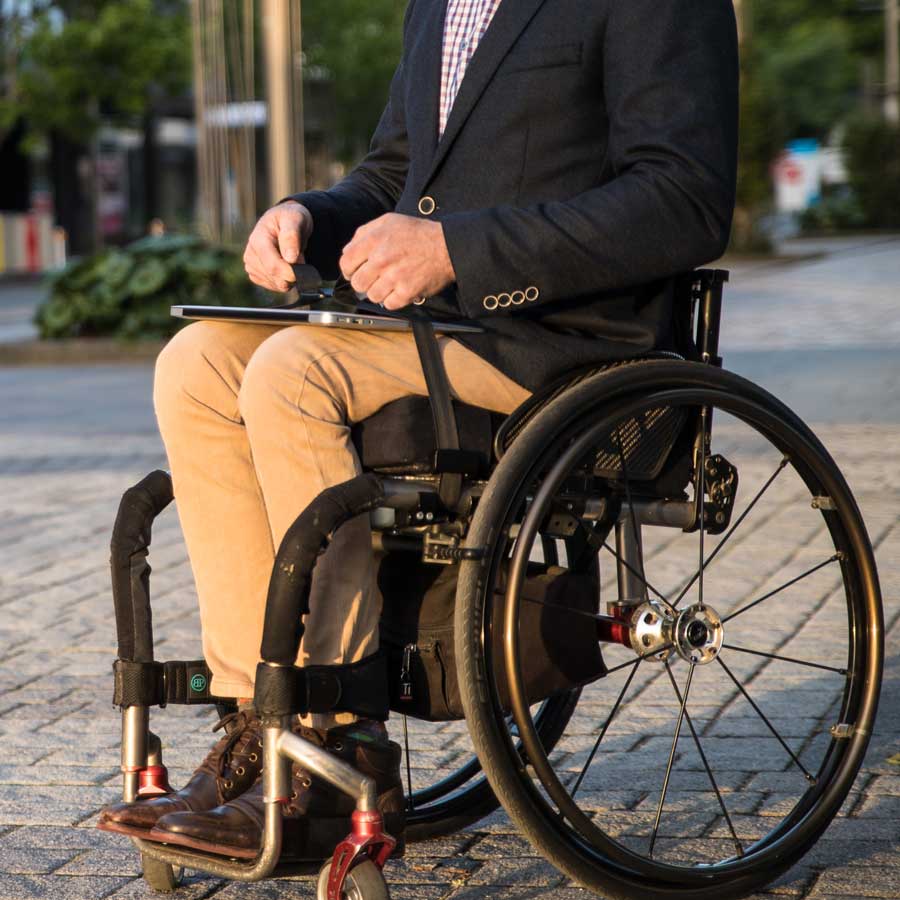
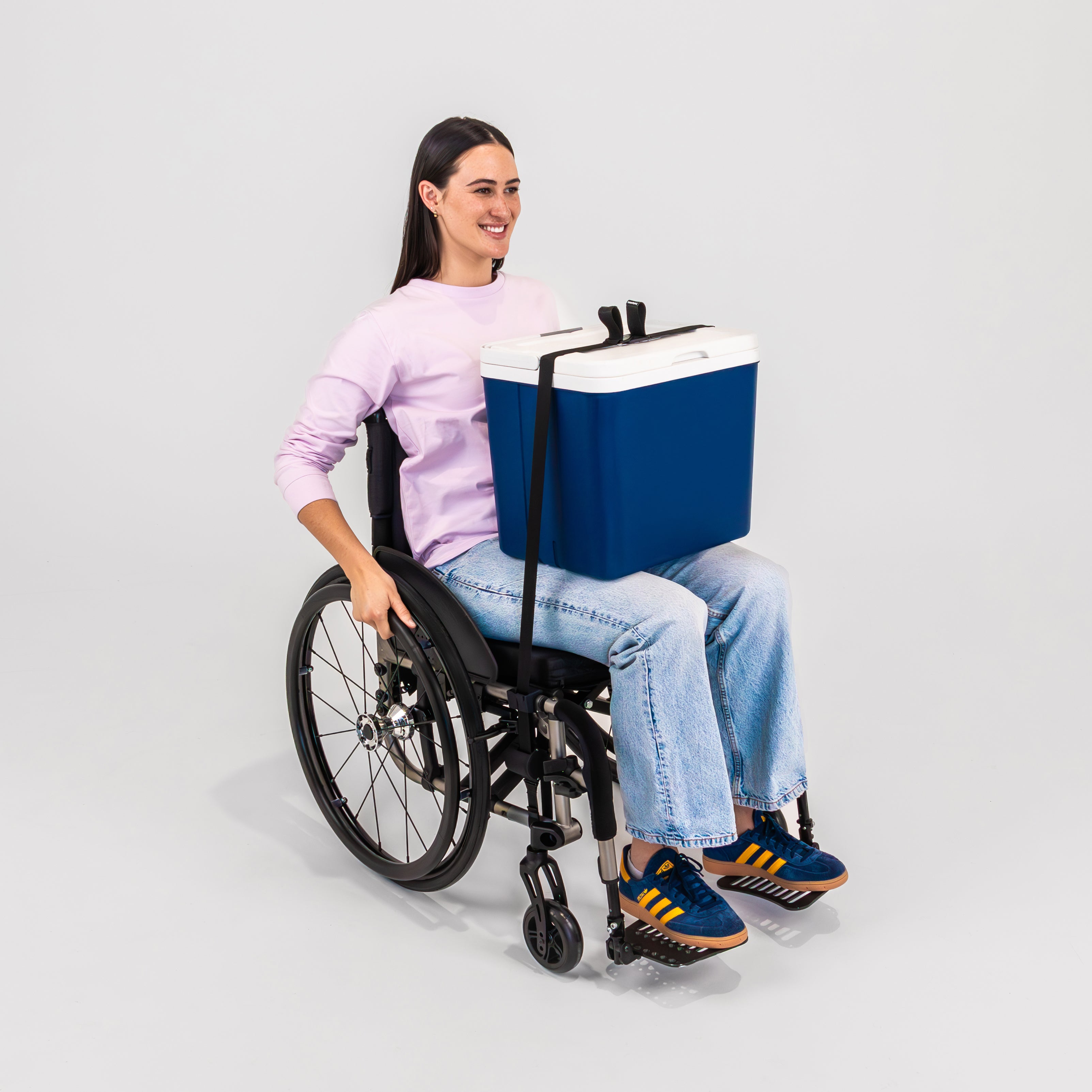
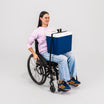
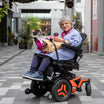
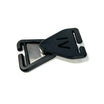
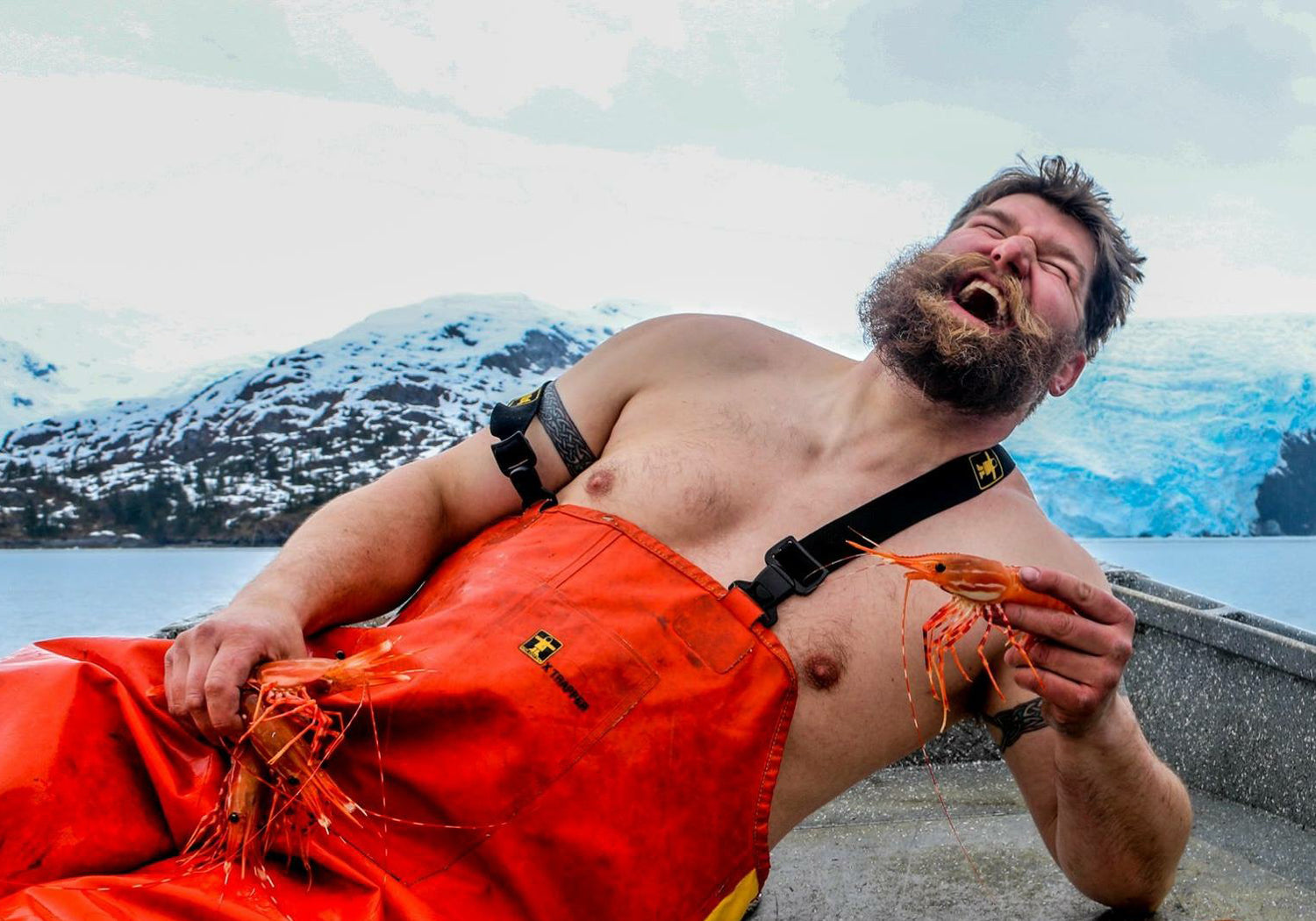

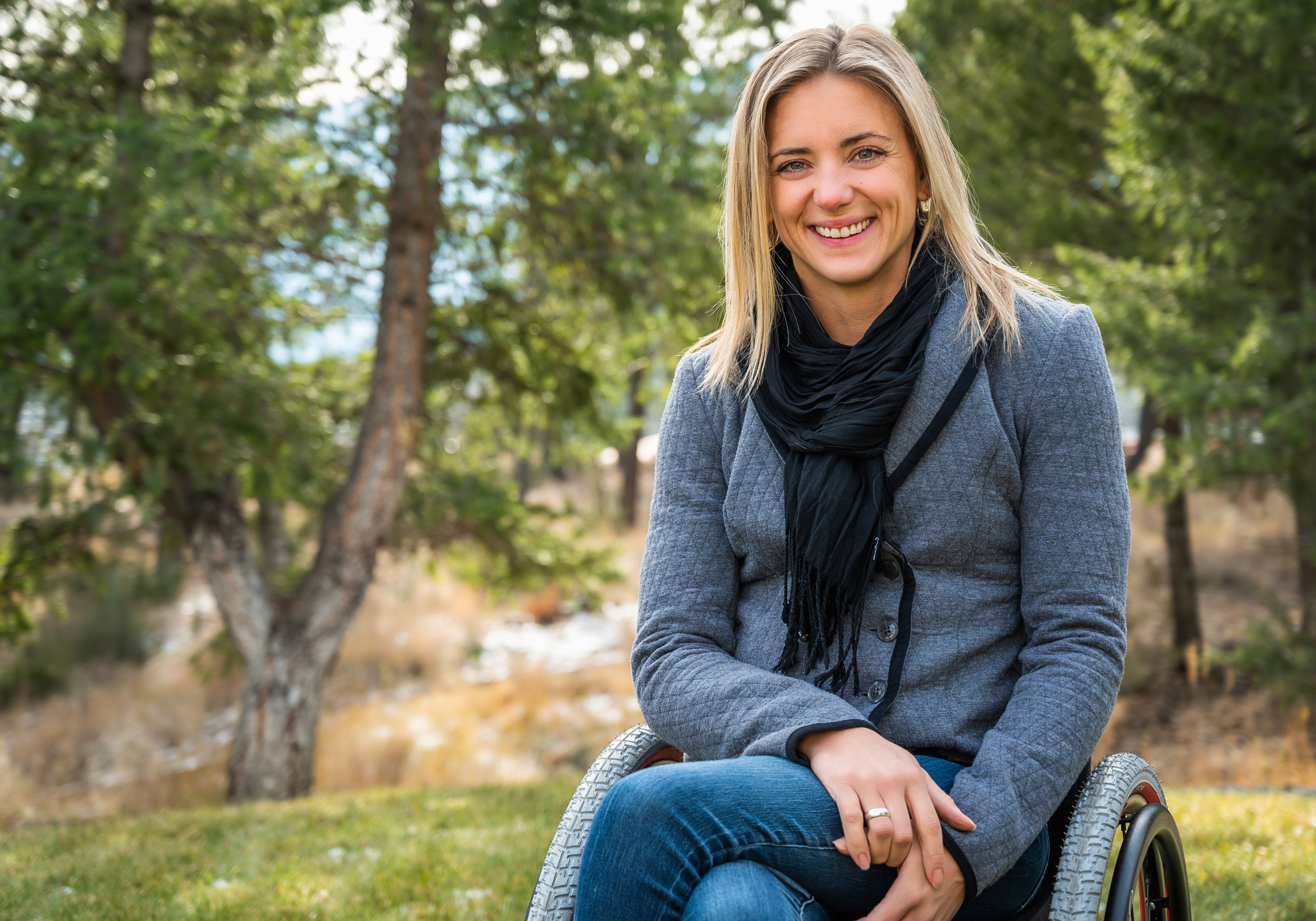
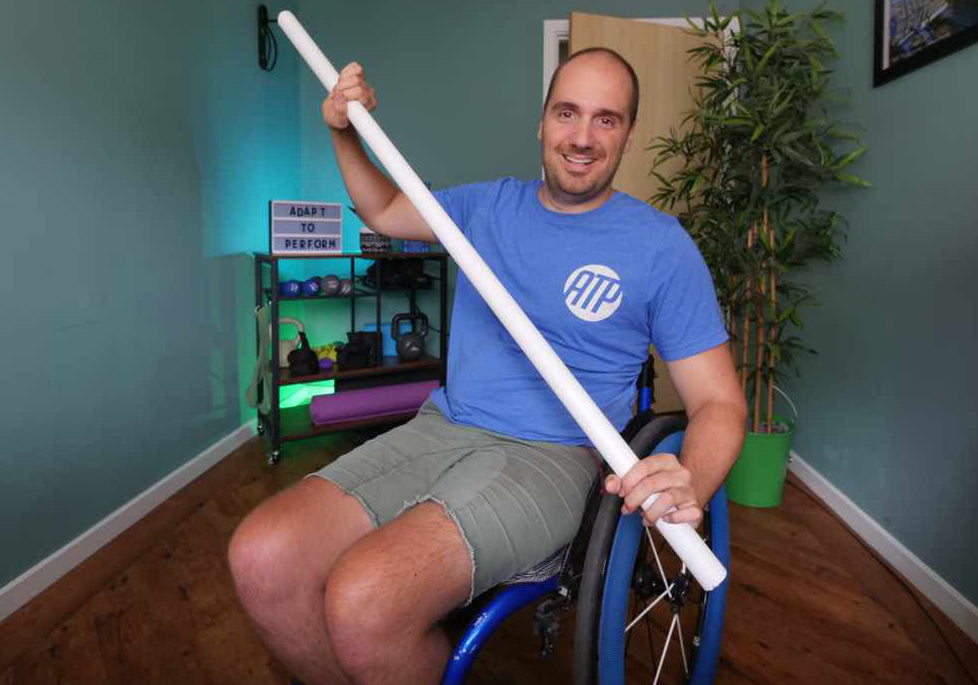
Leave a comment
All comments are moderated before being published.
This site is protected by hCaptcha and the hCaptcha Privacy Policy and Terms of Service apply.